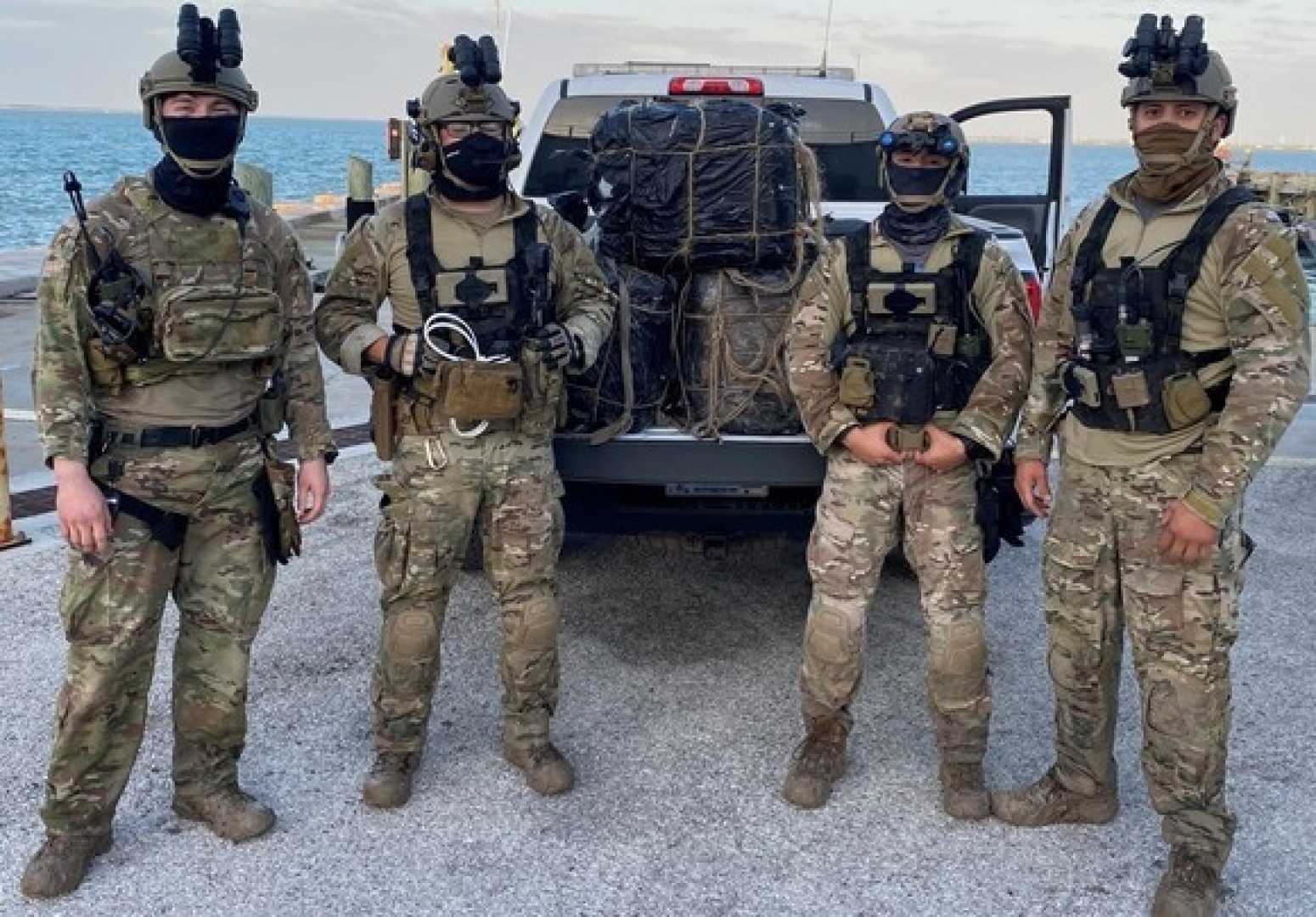Politics
Texas’ Operation Lone Star Sparks Immigration Policy Clash Ahead of Trump’s Return

AUSTIN, Texas — As President Joe Biden prepares for his second term and the Texas legislature convenes for a new session, the state’s controversial Operation Lone Star is poised to reshape U.S. immigration policy. The program, launched by Republican Gov. Greg Abbott in 2021, has escalated tensions between Texas and the federal government while fueling a national debate over border security.
Operation Lone Star, a $12 billion initiative, began as a response to what Abbott called Biden’s “open border policies.” The program deployed state troopers and National Guard members to the Texas-Mexico border, erected barriers along the Rio Grande, and implemented a busing scheme that transported nearly 46,000 migrants to Democratic-led cities like New York, Chicago, and Denver. Critics argue the program has subjected migrants to harsh conditions, including late-night drop-offs in freezing temperatures without proper clothing.
“We’re dealing with a humanitarian crisis at our border, and the federal government has failed to act,” Abbott said in a 2023 statement. His administration has defended the program as necessary to secure the border, but opponents claim it has created chaos and strained resources in receiving cities.
New York City Mayor Eric Adams, a Democrat, criticized the influx of migrants, saying it would “destroy New York City.” His comments sparked backlash from immigration advocates but resonated with some residents concerned about overcrowded schools and strained social services.
Texas has also taken legal action to challenge federal immigration policies. State Attorney General Ken Paxton has filed multiple lawsuits to block Biden’s initiatives and maintain Trump-era policies. In 2023, the Texas legislature passed sweeping laws to bolster Operation Lone Star, including measures to create state criminal penalties for unauthorized border crossings and establish a de facto state deportation system.
With former President Donald Trump set to return to the White House, Texas officials are preparing to expand their efforts. Trump’s incoming “border czar,” Tom Homan, has called Texas’s approach a “model we can take across the country.” Texas is also acquiring land to serve as staging grounds for mass deportations.
Meanwhile, state lawmakers are considering additional measures, such as requiring government employees to detain and fingerprint children suspected of being undocumented. These efforts have drawn legal challenges from pro-immigrant organizations and the Department of Justice, but under a Trump administration, federal resistance may wane.
As Operation Lone Star continues to influence national immigration policy, its impact on migrant communities and U.S. society remains a contentious issue. With Texas and the federal government poised for further collaboration, the program’s legacy is likely to shape the immigration debate for years to come.












